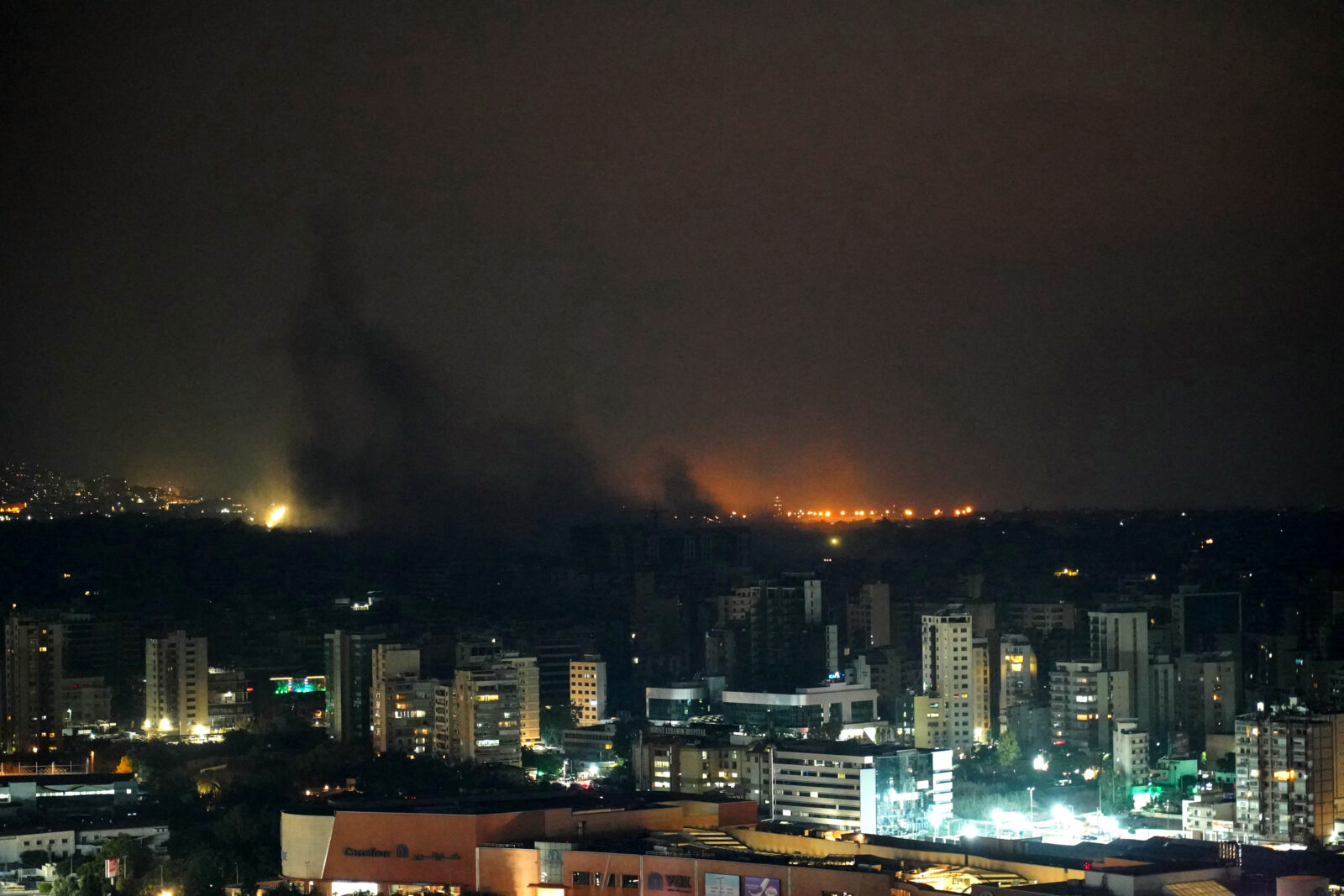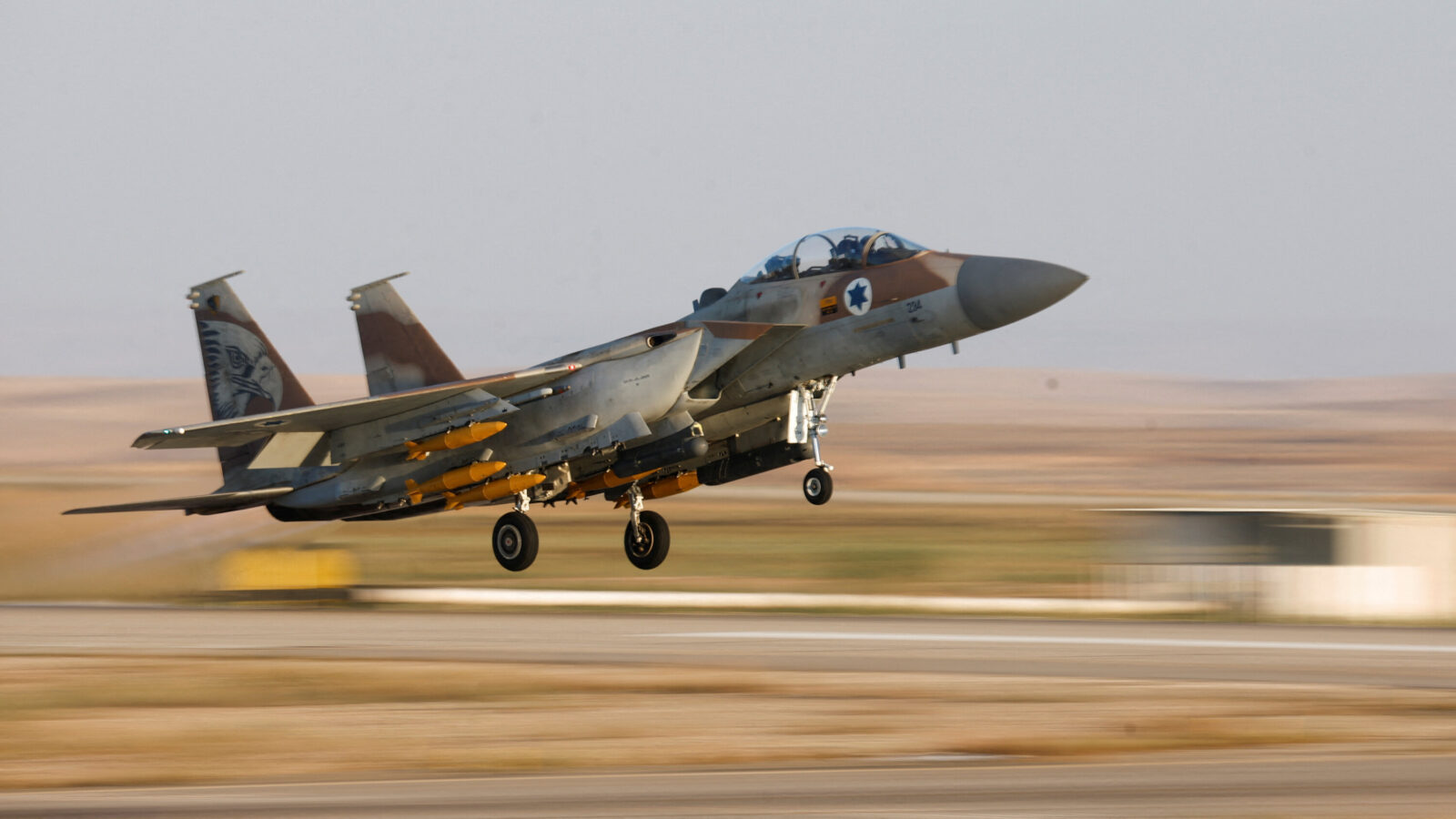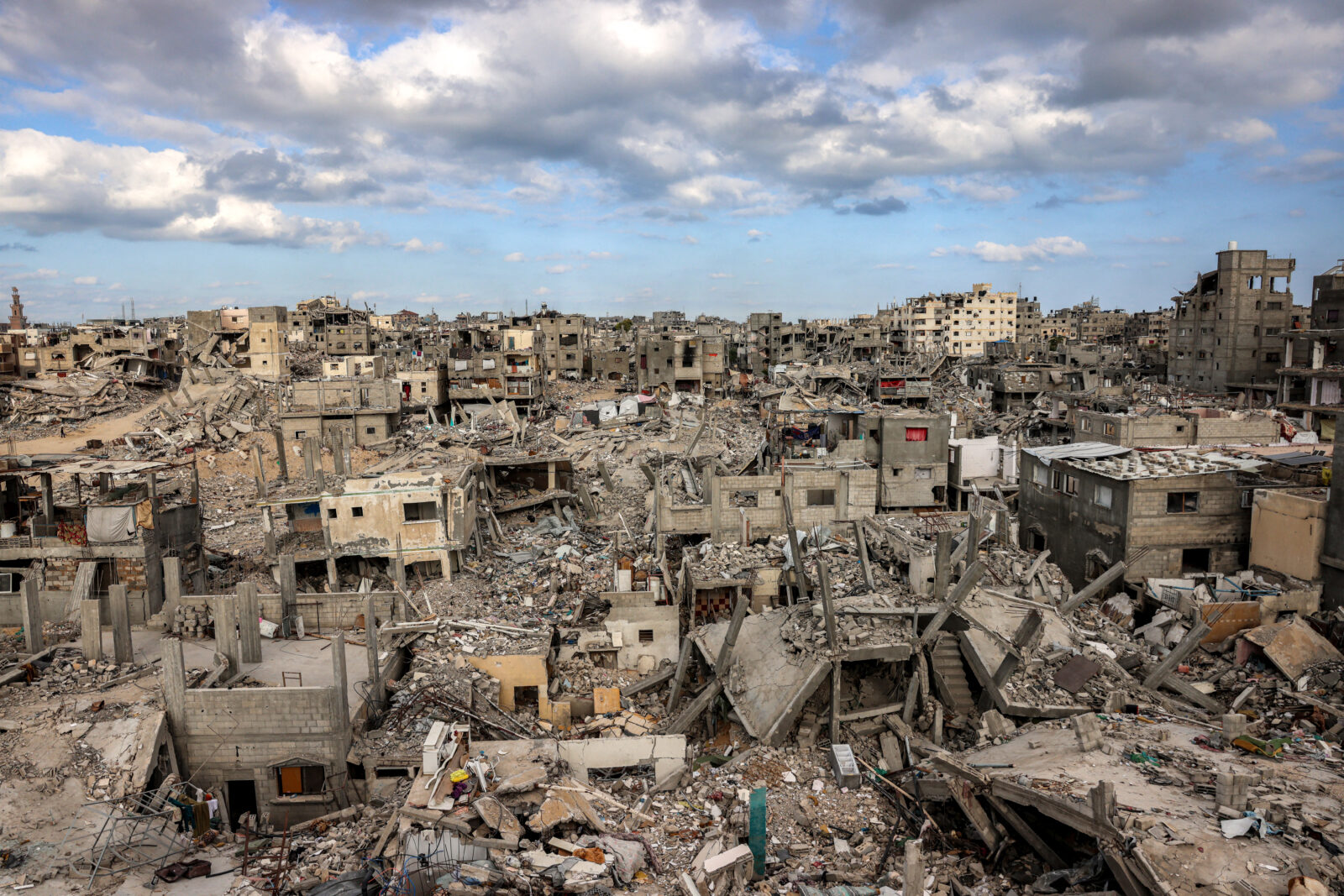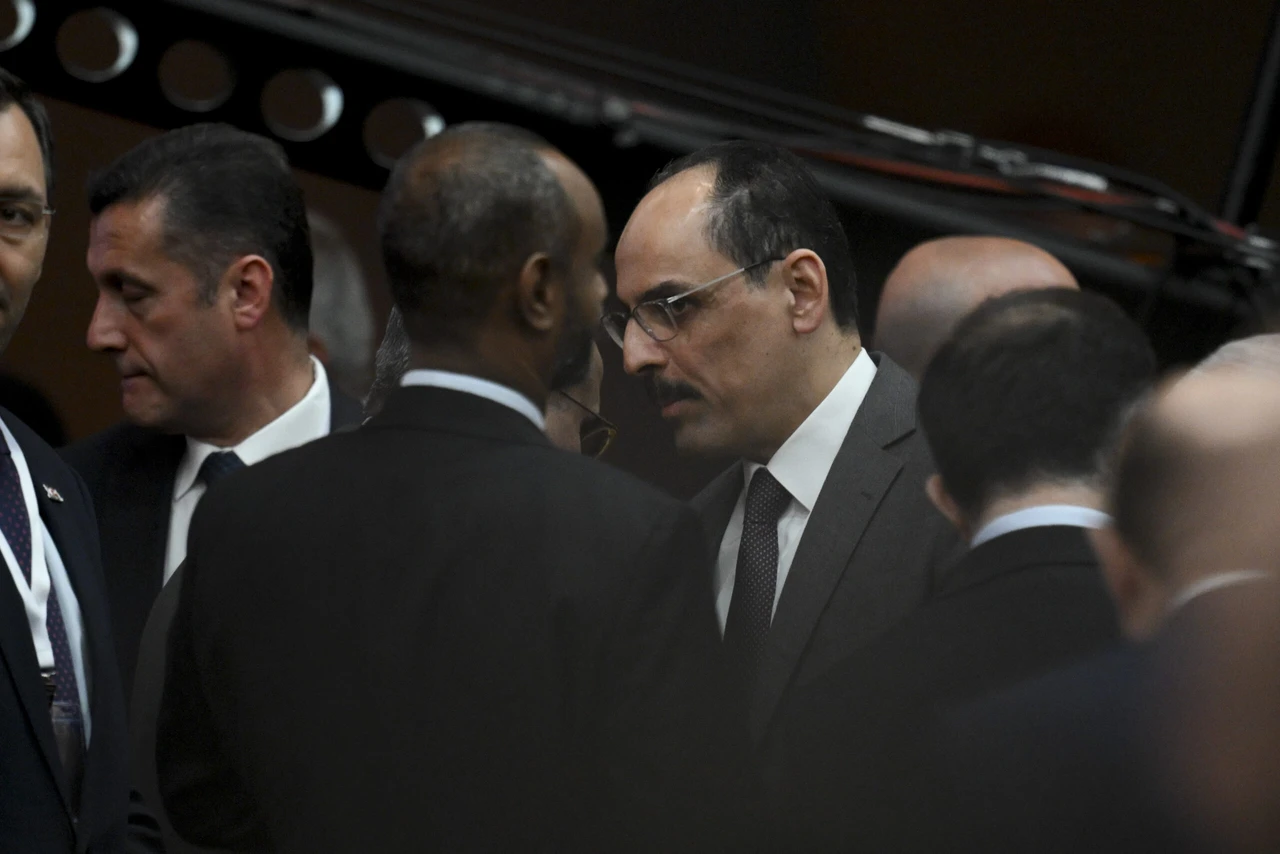US urges Israel to avoid Gaza-like military action in Lebanon
 Destroyed buildings are pictured in the Jabalia camp for Palestinian refugees in the northern Gaza Strip on October 9, 2024 amid the ongoing war in the Palestinian territory between Israel and Hamas. (Photo by Omar Al-Qattaa/AFP)
Destroyed buildings are pictured in the Jabalia camp for Palestinian refugees in the northern Gaza Strip on October 9, 2024 amid the ongoing war in the Palestinian territory between Israel and Hamas. (Photo by Omar Al-Qattaa/AFP)
The United States has warned Israel against repeating its Gaza military tactics in Lebanon, following statements from Israeli Prime Minister Benjamin Netanyahu suggesting Lebanon could face similar consequences if Hezbollah continues its activities.
The warning came after a phone call between Netanyahu and U.S. President Joe Biden, who emphasized minimizing civilian harm.
U.S. calls for restraint in Lebanon
The U.S. State Department urged Israel to avoid Gaza-like destruction in Lebanon, as tensions between Israel and Hezbollah escalate. “There should be no kind of military action in Lebanon that looks anything like Gaza,” said State Department spokesman Matthew Miller.
Netanyahu warned the people of Lebanon in a public address, saying, “You have an opportunity to save Lebanon before it falls into the abyss of a long war,” calling on them to distance their country from Hezbollah’s influence.

Israel continues strikes on Hezbollah
Since September 23, Israel has intensified its airstrikes against Hezbollah targets, resulting in over 1,200 deaths. Israeli military chief Herzi Halevi has vowed to continue bombing Hezbollah without allowing them any opportunity to recover.
Meanwhile, Hezbollah fighters remain engaged in skirmishes with Israeli forces, launching rockets into northern Israeli towns, where casualties have been reported. Israeli airstrikes have also reached areas close to Beirut, displacing many civilians.

US concern over civilian casualties
U.S. President Joe Biden has expressed concerns over the humanitarian impact of Israeli military operations, particularly in densely populated areas. Washington has repeatedly urged Israel to adhere to international humanitarian laws, ensuring that food, water, and aid reach affected areas.
In Gaza, the ongoing military offensive has resulted in the deaths of over 42,000 people, according to the latest figures from the Gaza health ministry, which the U.N. has described as credible.

Hezbollah retaliation and international response
The conflict has intensified following the assassination of Hezbollah leader Hassan Nasrallah and Hamas leader Ismail Haniyeh, which Iran claims was the reason for its missile barrage on Israel. Iran fired around 200 missiles, with most intercepted by Israeli defenses.
Israel has pledged a strong response to Iran, with Israeli Defense Minister Yoav Gallant stating, “Our attack on Iran will be deadly, precise, and surprising.”



